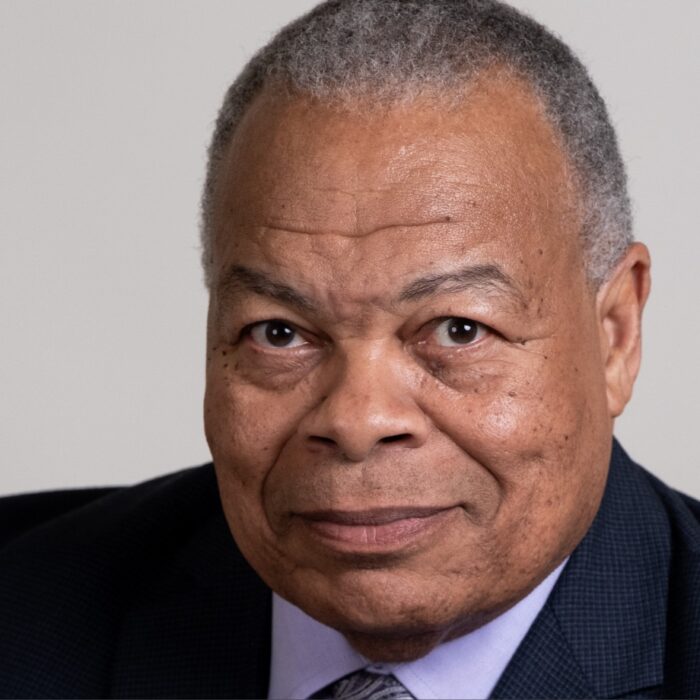
Cantor-Tenor – Countertenor Aryeh Nussbaum Cohen on His Burgeoning Career & Important Jewish Tradition
By Lois Silverstein(Credit: Dario Acosta)
Aryeh Nussbaum Cohen’s family fully expected him to pursue a career in Public Policy when he went to Princeton University.
But that wasn’t the path he would take.
Instead he got his B.A. in History and studied Voice as well, when he realized just how deep music and he were deeply intertwined. The music bug that had bitten him when he was a young boy and over time, turned his path around.
“The voice I sing with is the voice I have known all my life,” Cohen told OperaWire in a recent interview in which he elaborated on his background and career development in anticipation of his upcoming “Messiah” performances with the the SF Symphony Chorus and Orchestra. “From the time I sang with the Brooklyn Boys Choir, I knew only this sound, and I loved it.
His love and passion for his voice has catapulted him to the top of the opera world.
In Love With His Voice
The last couple of years have been a whirlwind of sorts for the 25-year-old.
He received the San Francisco Classical Voice Award for “Best Opera Singer” and “Best Recitalist” as well as a grant from the Sullivan Foundation. He traveled to Prague to sing at the Operalia Competition, where he won third place. At the Met Opera National Council Auditions, he was widely acclaimed as a “young star” who sang with excellent diction and moving sensitivity. The New York Times’ Zachary Woolfe, called him not just a superb singer but a “complete artist,” albeit a “baby-faced” one.
And right now, Cohen is completing his two years as an Adler Fellow in San Francisco. During this time he has performed Medoro in Handel’s “Orlando” to acclaim. Remarking on this particular success, Cohen gave much of the credit to his audience.
“I feed on the energy of the crowd,” he stated. “I always have. It helps me maintain my immersion in my roles.
Another important figure in his ascension and growth as an artists is his primary teacher Dr. Stephen King of Rice University in Houston.
“Working with him has been marvelous. He has helped to grow my voice through a physiological approach,” Cohen noted. “His attention to production of tone and range in specifics has helped foster my own vocal production.”
From Canter to Tenor
Cohen grew up with a strong Jewish tradition serving as a cantor in a Traditional Conservative Synagogue for seven years. He feels that this has allowed him a deeper understanding of many of the baroque texts that focus on religious themes and are so prevalent in his repertory.
“I find the connection between the Baroque and the Jewish prayer book strong. The style, the ornamentation, the aim to rouse the listeners, i.e., ‘audience and congregation,'” he noted.
In Jewish tradition, singing is a vital part of a service, the aim always to stir the listener to the meaning of the text, as it does in Baroque music. Some people claim that it doesn’t matter what spiritual source music comes from, that it is all in the interpretation and presentation.
“But if you count on the subject matter being handed down by God at Sinai, for instance, in the Liturgy, then the melodies are carrying some of that intention itself,” he added.
Cohen finds it a privilege to rouse people to the spiritual as a cantor and to the aesthetic as a tenor. But he did note that his now facilitation of services has taken second place to the ritual he performs on the stage. Given that theatrical life emerged from the religious one, it is hardly surprising to feel and savor the overlap of the two.
This transition will be the first of many for the tenor in coming years as he transitions into one of the world’s leading countertenors. He noted that while he is not going to take anything for granted, he has a lot of dreams about the kinds of operas he hopes to undertake on the biggest stages.
“I look forward to singing ‘Rodelinda’and ‘Rinaldo’ of the classics,” he enthused. “And of contemporary works, perhaps the full role of the Refugee in Jonathan Dove’s ‘Flight’ and well as performing in George Benjamin’s ‘Written on Skin.'”


